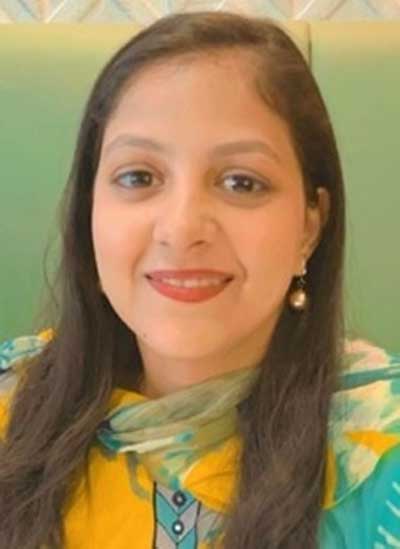The Pakistan state now has more than 30 public examination boards, of which just two are private. The consolidation, regulation, development, and management of both intermediate and secondary education were all part of the broad mission once imposed on these organizations. The Secondary School Certificate (SSC) and Higher Secondary School Certificate (HSSC) assessments are the only responsibility left to them as a result of a progressive loss in their position that started in the 1970s.
The transparency is hard to determine, the harm to the quality and credibility of testsis severe as a consequence. Despite a number of educational reforms were started, examination was not made a central component of these changes. As a result, the boards continued to lose credibility in the eyes of stakeholders and the general public due to widespread cheating, corruption, and other malpractices that led to greatly inflated marks.
In its place of concentrating on students’ understanding and execution abilities, these exams have long used conventional ways to evaluate students’ retention abilities. Additionally, it has been noted that even though many kids get high marks each year, the majority of them do badly on the entrance exams for organizations like universities, which increases their notoriety. One of the reasons is that admission exams examine a higher level of cognitive abilities, such as conceptual comprehension, application, and curricular analysis, while entrance tests assess students’ lower order of intellectual abilities, which focuses on memorization of textbooks.
Additionally, the dependability and validity of test papers are nearly never considered. A good examination system includes a sizable “item bank” that is regularly updated, however most public-school boards don’t have one. The fact that the boards assess response scripts manually is another important factor. It lacks grading guidelines and is based only on subjective evaluation. However, some boards have chosen to automate exams, albeit this practice is still in its infancy in Pakistan. All examination organizations must provide a syllabus that indicates the students’ level of learning and evaluation, however the boards lack an updated syllabus based on the new curriculum.
Even while numerous pupils get high results in board exams, the majority of them do badly in university entrance exams.
Without a syllabus, instructors, paper-setters, and examiners are at sea. This looks to be a key weakness of public examination boards, which is concerning.
Dissatisfaction with the boards leads a large number of pupils to enroll in the Cambridge ‘O’ and ‘A’ Level systems, the International Baccalaureate, and other academic programmer. As the reliability and accuracy of overseas testing is ensured, the tendency has been increasing year after year. Six years ago, the Inter Board Committee of Chairmen, now known as the Inter Board Coordination Commission (IBCC), met in Islamabad for a three-day national conference to discuss ways to improve the public examination system. The Commission issued a detailed conference report, but it was never fully executed, and an additional report made for Sindh and distributed with everyone involved in the province was largely ignored.
Public boards have utterly failed to improve exams nationwide, but especially in Sindh. However, the Punjab and Khyber Pakhtunkhwa boards as well as the federal examination board have improved valuation. The present the federal public examination board has become a national example for others. This raises the question, “Why can’t everyone else in the country?” if the federal board can set an example?
The regulatory body for Sindh’s examination boards has finally decided to outsource the assessment system in stages after taking strong issue to its current state of neglect. While the procedure starts with the current educational year, it doesn’t appear to be the best course of action. The action ought to force public assessment boards to get beyond temporary fixes.
The 20th century saw the establishment of all public examination boards. But thus far, none have been the subject of an outside review. Structured changes to their roles are necessary for all public examination boards to survive. Any rash cosmetic modification may damage these institutions’ reputation and sacredness, particularly in Sindh. The educational boards in Sindh have been unable to fill key positions such as secretaries, exam controllers, inspectors, secrecy officers, and IT managers because of poor governance, a lack of effective, honest leadership, negligence in examination, corruption, and inadequate institutional capacity.
Although it will take time and effort to fully restore quality and credibility, provincial governments can safeguard the future of public examination boards by creating a workable oversight body, such as the “Provincial Examination Commission,” that establishes quality enhancement units within the boards, secures ISO external certification, purges them of malpractice, increases the number of examination panels in the private sector, and gives students the information they need to make an informed decision.
Pakistan needs to upgrade the assessment system in public sector



